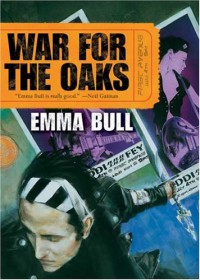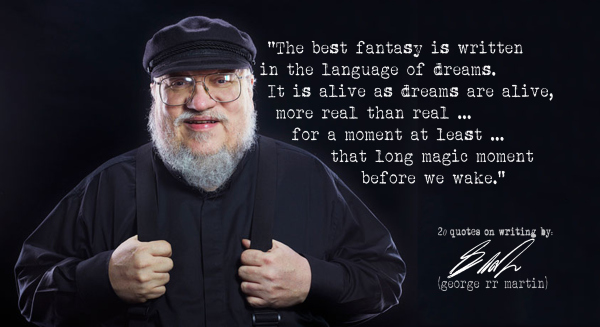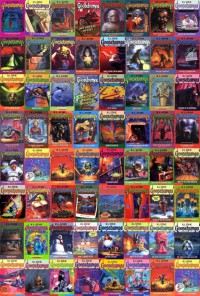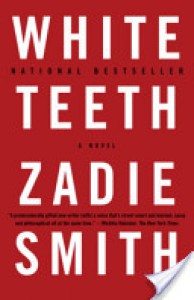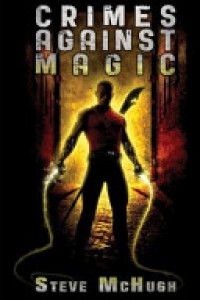Reading progress update: I've read 525 out of 650 pages.

"I won't lie. My feelings about you are selfish as hell. I don't like to think about you with anyone else but--I wasn't there. You're a grown woman and you didn't owe me anything."
I like this. I seriously like this. Too many books, especially in YA, make it look like as if feeling possessive/ insanely jealous when a person you have feelings for dates someone else is a good thing.
See, back in high school, this boy had a crush on me. I didn't like him back and I made that pretty clear to him. So I befriended--not dated, befriended--the man who would later become my best friend. When he found out about our friendship, this boy went wild. It looked a bit like this:

He came very close to physically hurting me, all because I decided to make friends with a guy who was not him. It's a ridiculous and harmful thing to think that just because you have feelings for someone, you own them.
I like that Locke (and by extension, Scott Lynch), acknowledges Sabetha's freedom to date other men (or women) during their time apart. It says a lot about his maturity. It also says a lot that this is the first time I've seen the hero not fly into a jealous rage when he finds out that his love interest has dated other people.
"Here now," he said. "half this gods-damned company has been drunk for weeks. The twins have been out of their minds on anything that comes in a bottle or cask. When did they ever try to rape anyone?" Locke jabbed a finger at Boulidazi. "This is his fucking fault, nobody else's!"
More gentleman than bastard, it seems. Is Scott Lynch trying to make me put Locke Lamora in my list of Top Ten Fantasy Heroes? He's succeeding.
Scott Lynch also gets points for being able to get his argument across without getting preachy or making someone veer off character. Locke's above statement has far more impact than, say, the whole "women are like flames" speech from The Name of the Wind or the way an entire village immediately switched into a non-victim blaming attitude after a short speech from Kvothe in The Wise Man's Fear.
I've said it before, I like how Scott Lynch treats women in his Gentleman Bastards series.
He makes it clear that the world his protagonists live in is crap, but he does it without making pointless, grimmy-grim-dark scenes, the way George R.R. Martin handles rape (just take a look at what happened to poor Lollys Stokeworth) or making this ridiculous dichotomy between "whores" and "women", the way Patrick Rothfuss does in The Name of the Wind and The Wise Man's Fear.
What's more, his female characters aren't just the heroes' love interest, but they have a story onto themselves. They have been portrayed as weak and vulnerable, strong and intelligent, annoying and charming. They're obviously doing their own stuff, instead of just being there for the convenience of the protagonist. In short, Scott Lynch treats female characters as people, instead of just tired cliches.
Final point: I really shouldn't be making these type of posts when I'm barely awake and haven't even finished my first cup of coffee yet. Also, my coffee tastes like crap.
 2
2
 1
1


